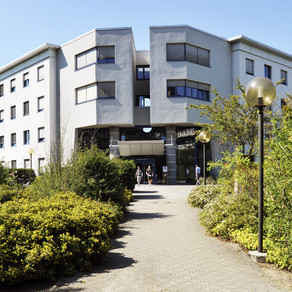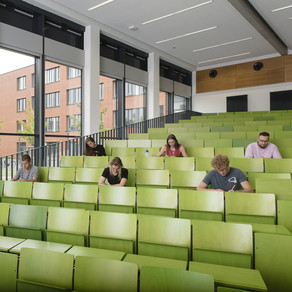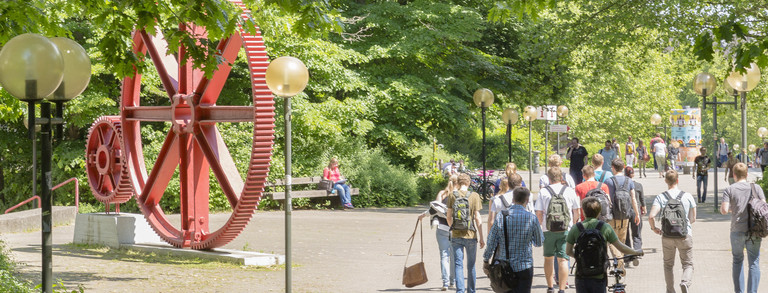
DIONA
Digital ecosystem for a sustainable circular economy in the automotive industry
Sponsor: Federal Ministry of Education and Research
Duration: 10/2022 - 09/2025
Project partner:
- Department of IT in Production and Logistics (TU Dortmund)
- Chair of Industrial Information Management (TU Dortmund)
- Department of Sociology of Technology (TU Dortmund)
- Fraunhofer ISST (Dortmund)
- Chair of Business Informatics - Business Process and Information Management (TU Chemnitz)
- Chair of Alternative Vehicle Drives (TU Chemnitz)
The so-called "Earth Overshoot Day" shifts from year to year more and more towards the beginning of the year. It describes the day on which the natural resources of a year are used up by mankind. For this reason, sustainability is becoming increasingly important and is discussed in research, politics and industry. Since 2015, when the United Nations agreed on both the 1.5 degree target and the Sustainable Development Goals, the desired guard rails for further global sustainable development have been set. Germany, too, is to become climate-neutral by 2045. However, the transportation sector in particular will not be able to meet the targeted emission reductions. The car as the main means of transport as well as the associated (supplier) industry make a decisive contribution to this. Therefore, it seems necessary -also in the course of a transformation towards e-mobility- to understand products and production processes holistically and to share insights gained in this way. In particular, the adaptation of a circular economy approach, i.e., a holistic product life cycle approach, is explicitly part of the European and German sustainability strategy and promises to reduce both the demand for raw materials and CO2 emissions, while at the same time promoting jobs and economic growth. Both decarbonizing the mobility sector and enabling sustainable, efficient and innovative mobility is an explicit promise agreed between the ruling parties in the German coalition agreement for 2021-2025.
However, the status quo shows that many companies are unable to benefit from these advances related to sustainable value streams. Research illustrates that there is a lack of widespread guidelines and methods for establishing sustainability in industrial activities, even though sustainability has a major impact on ecology, economy and society (Osterwalder et al. 2015). The project "Digital Ecosystem for a Sustainable Circular Economy in the Automotive Industry -DIONA" therefore sees the need for a joint elaboration of sustainability measures in order to obtain a holistic understanding of sustainability, challenges and problems. For a future sustainable development it is necessary to identify best practices in the automotive industry as well as socio-political incentives or obstacles.







